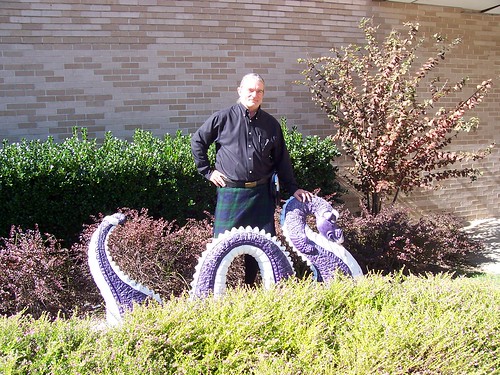At Mineola, Texas, this past Tuesday I met an East Texas poet–Tom Geddie. At the author event sponsored by Joy Stuart, he had the table next to me. I bought two of his chapbooks of poetry–This Is Where I Find You and Eve’s World. There are many poets in this world, but few good ones. Geddie is one of the good ones. I found his poetry insightful, moving, and complex enough to hold my eccentric interest.
In This Is Where I Find You he has an entry entitled, “I Crossed a Bridge Over a Wide, Slow Moving,” in which he talks of the influence that one of my favorite songwriters, Mickey Newbury, had on Geddie’s own writing.
He says, “These thoughts come to me as I listen to disc two of a CD, It Might As Well Be the Moon, culled from performances by Mickey Newbury more than 10 years ago at the Great American Music Hall in San Francisco. the simplicity– Newbury singing and playing guitar, Marie Rhines adding violin–emphasizes the quality of Newbury’s songs and his purity of vision.
Newbury helped reshape country, folk and pop music from the mid 1960s through the 1970s. Ray Charles, B.B. King, Bobby Bland, Jerry Lee Lewis, Willie Nelson, Joan Baez, Elvis Presley, Kenny Rogers, Eddy Arnold, Solomon Burke, and others recorded his songs. His own hits included “San Francisco Mabel Joy,” Cortelia Clark,” “Frisco Depot,” “Angeline,” “Heaven Help the Child,” and “Easy Street.”
“Newbury took Townes Van Zandt and Guy Clark to Nashville for the first time, and helped Mickey Gilley get his first national recording contract. With old Air Force buddy Kris Kristofferson, Nelson and others, Newbury turned Tootsie’s Orchid Lounge into a tourist attraction and helped build the creative revitalization of country music that lasted until cautious corporate types–people of too much reason and too little emotion–took over the business.
About 15 years ago, Newbury told me people quit asking him for songs. The songs may be too beautiful, too dark, and too reverent for today’s cynical society. He continues to write [Newbury has died since this article was first written–rp] and–because he often sleeps poorly–to call old songwriting friends from time to time to talk during the odd hours of darkness.
Often, Newbury’s songs explore the dual nature of sentimental humanity (lightness and darkness in the same soul) rather than the grey of reason.
In “Let’s Say Goodbye One More Time” on the new album, he sings, “one hand on the face has just made the big circle back to the same place,oh, the night it is falling away, but the dawn is not all that is breaking this day.”
In “Sweet Memories” he sings, “my world is like a river, as dark as it is deep . . . she slipped into the silence of my dreams last night, wandering from room to room turning on each light, and her laughter spills like water from the river to the sea, I’m swept away from sadness clinging to her memory.”
In “Willow Tree,” he sings, “a grain of sand is all I ever wanted to be lay, lay me down and let the water wash over me.”
During a recent visit to the pschyiatric unit at Parkland Hospital to watch a music therapist work, I listened to a woman with pain in her eyes do a slow, soulful version of the Gershwin classic, “Summertime.” I felt outside myself, much like I felt during the quiet moment as I watched the snake in the green creek.
In “Lovers,” Newbury sings, “it’s not what we get in return but what we give, to think they once tore down a wall for a door, but now they don’t speak anymore.” And I remember that without the fear of the snake in the silence, we can’t fully appreciate the joy in the music.”
I’ll have more posts on Tom’ Geddie’s poetry. If you want to order one or more of his three chapbooks I saw, write me at rickeyp@bayou.com.

